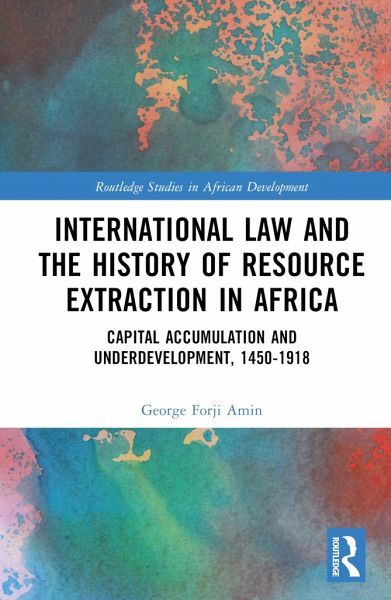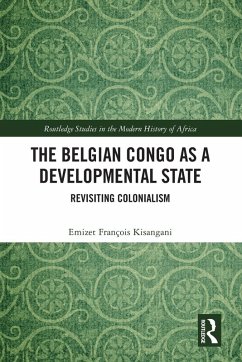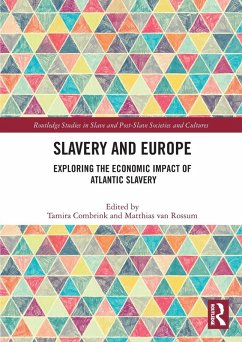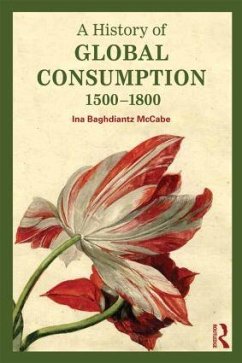
International Law and the History of Resource Extraction in Africa
Capital Accumulation and Underdevelopment, 1450-1918
Versandkostenfrei!
Versandfertig in 6-10 Tagen
144,99 €
inkl. MwSt.
Weitere Ausgaben:

PAYBACK Punkte
72 °P sammeln!
This book investigates the historical economic and legal regimes that legitimated the resource extraction and exploitation of Africa between the 15th and 19th centuries and led to the continent's trajectory of underdevelopment in the world system.The book interrogates the economic and legal structures that supported European intervention in Africa. It explores the trade and private property rights which were to shape the economic future of the continent, most notably the trade in human beings as legitimate private property by European powers. The book then looks at the techniques used to subme...
This book investigates the historical economic and legal regimes that legitimated the resource extraction and exploitation of Africa between the 15th and 19th centuries and led to the continent's trajectory of underdevelopment in the world system.
The book interrogates the economic and legal structures that supported European intervention in Africa. It explores the trade and private property rights which were to shape the economic future of the continent, most notably the trade in human beings as legitimate private property by European powers. The book then looks at the techniques used to submerge African sovereignty under European sovereignty during the scramble for territorial control in the 19th century, concluding with the validation of occupation in international law following the 1884-85 Berlin Conference. The book argues that the doctrines of trade and property rights sanctioned by international law led to a trend of African dispossession that set the continenton a path to underdevelopment, with long-reaching consequences.
This book will be of interest to researchers and students across law, history, economics, international relations, and African studies.
The book interrogates the economic and legal structures that supported European intervention in Africa. It explores the trade and private property rights which were to shape the economic future of the continent, most notably the trade in human beings as legitimate private property by European powers. The book then looks at the techniques used to submerge African sovereignty under European sovereignty during the scramble for territorial control in the 19th century, concluding with the validation of occupation in international law following the 1884-85 Berlin Conference. The book argues that the doctrines of trade and property rights sanctioned by international law led to a trend of African dispossession that set the continenton a path to underdevelopment, with long-reaching consequences.
This book will be of interest to researchers and students across law, history, economics, international relations, and African studies.













